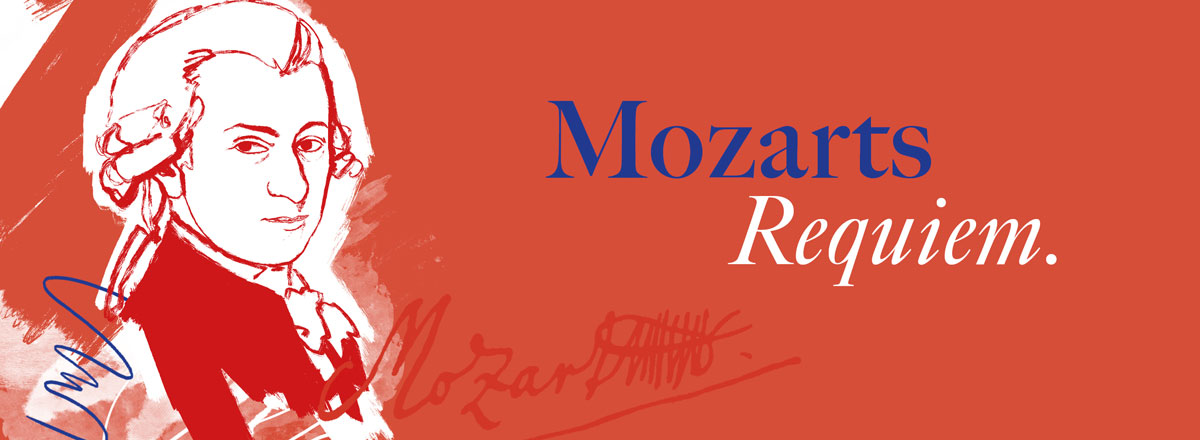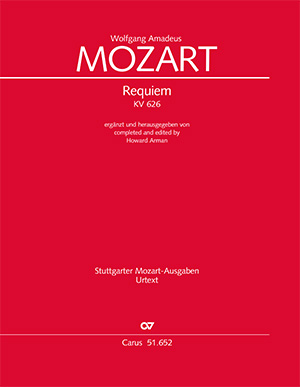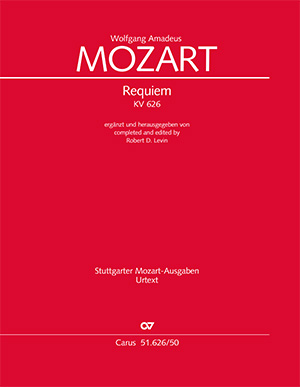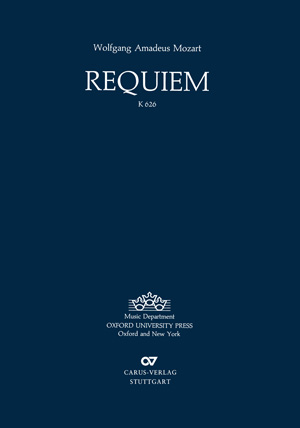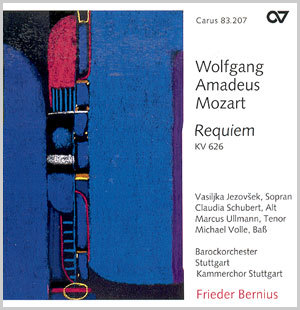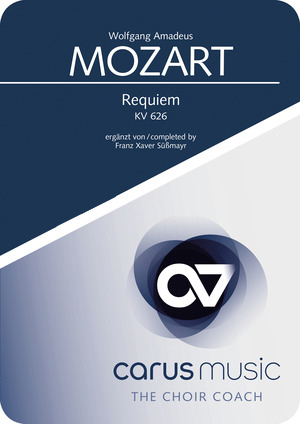After two decades of intensive study of the work, Howard Arman has incorporated his findings into its completion with caution and respect for Mozart's great model.
Arman's approach proves to be particularly fruitful in that he orients himself - always aware of the limits of his own post-creative activity - to typical features of Mozart's genius as a composer: his technical perfection in composition, his search for ever new approaches to every situation and his concise treatment of the text with extremely rich harmonies. As a result, this leads to many a new listening experience.
Arman's version has already proven itself in practice. The world premiere with the Bavarian Radio Choir was enthusiastically received by audiences and the press - and celebrated as a scholarly, completely new take on Mozart's masterpiece.


